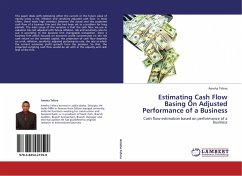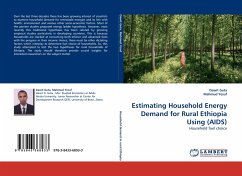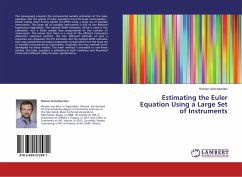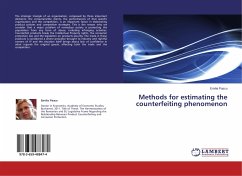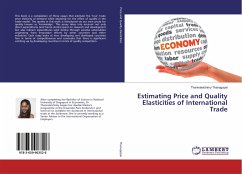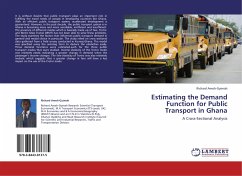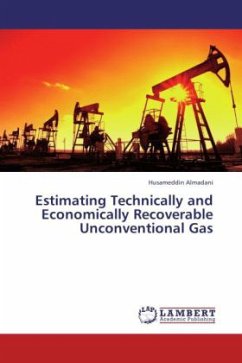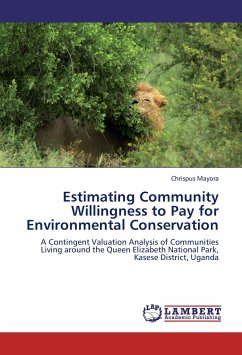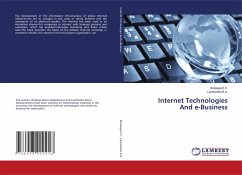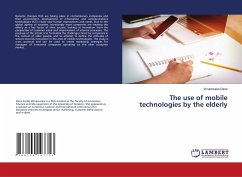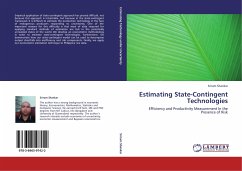
Estimating State-Contingent Technologies
Efficiency and Productivity Measurement In the Presence of Risk
Versandkostenfrei!
Versandfertig in 6-10 Tagen
52,99 €
inkl. MwSt.

PAYBACK Punkte
26 °P sammeln!
Empirical application of state-contingent approach has proved difficult, not because this approach is intractable, but because in the state-contingent framework it is difficult to estimate the production technology in the face of endogenous producers responding to uncertainty. One of the important reasons for this difficulty is that most of data required for applying standard methods of estimation are lost in the potentially unrealized states of the world. We develop an econometric methodology in order to estimate state-contingent technologies. Furthermore, we demonstrate how our state-conting...
Empirical application of state-contingent approach has proved difficult, not because this approach is intractable, but because in the state-contingent framework it is difficult to estimate the production technology in the face of endogenous producers responding to uncertainty. One of the important reasons for this difficulty is that most of data required for applying standard methods of estimation are lost in the potentially unrealized states of the world. We develop an econometric methodology in order to estimate state-contingent technologies. Furthermore, we demonstrate how our state-contingent model can be used to decompose output shortfalls into inefficiency and risk components. Finally, we apply our econometric estimation technique to Philippine rice data.



